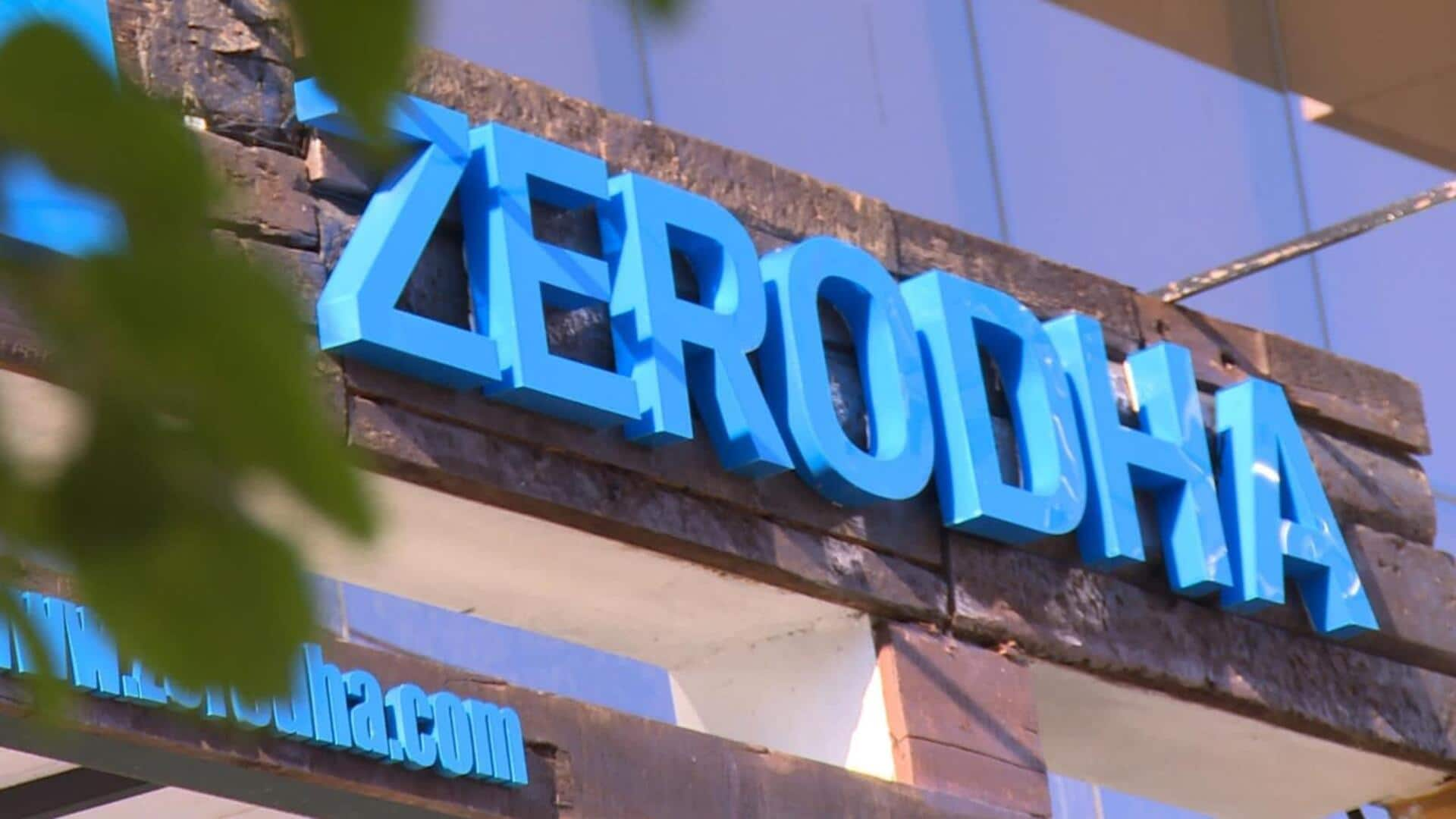
Zerodha helps you convert old physical shares into digital copies
What's the story
Zerodha, India's leading retail brokerage firm, has launched a new program to help investors convert their old physical share certificates into digital demat format. The scheme is open to all, even those who don't have a Zerodha account. The move comes in light of SEBI's strict dematerialization rules and the growing number of second-generation investors looking for such services.
Concerns
Here's what Nithin Kamath said
Zerodha co-founder Nithin Kamath took to social media to announce the new initiative. He said his company gets a lot of queries from people who have found physical share certificates of their parents or grandparents, highlighting the need for such a scheme.
Regulatory hurdles
Why this service is needed
Currently, SEBI doesn't allow transfer of physical shares, except in special cases like inheritance or transmission. In 2019, the regulatory body made it mandatory for physical shares to be dematerialized before they can be transferred. This means digital demat holdings are necessary for any sale, pledge or legal transfer. To note, millions of Indians still hold physical shares issued before the demat era started in 1996.
Support system
How to get the service?
Zerodha's new support initiative is aimed at simplifying the transition from physical to digital. The company has set up a dedicated team to guide investors through the dematerialization process, regardless of whether they have a Zerodha account or not. All an investor has to do is raise a ticket on Zerodha's help portal and they'll get assistance with their request.
Industry impact
Broking firms usually don't help with such issues
Zerodha's move to offer free demat assistance even to non-customers, is a rare case of service-driven financial outreach in India's broking ecosystem. It could set a new standard for investor-first practices in the industry. The initiative comes at a time when second-generation investors are increasingly coming across legacy holdings and may not be aware of the legal or procedural challenges involved in reviving them.